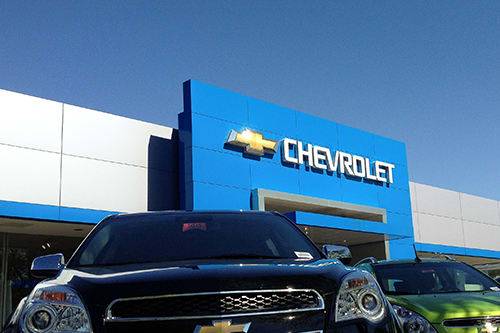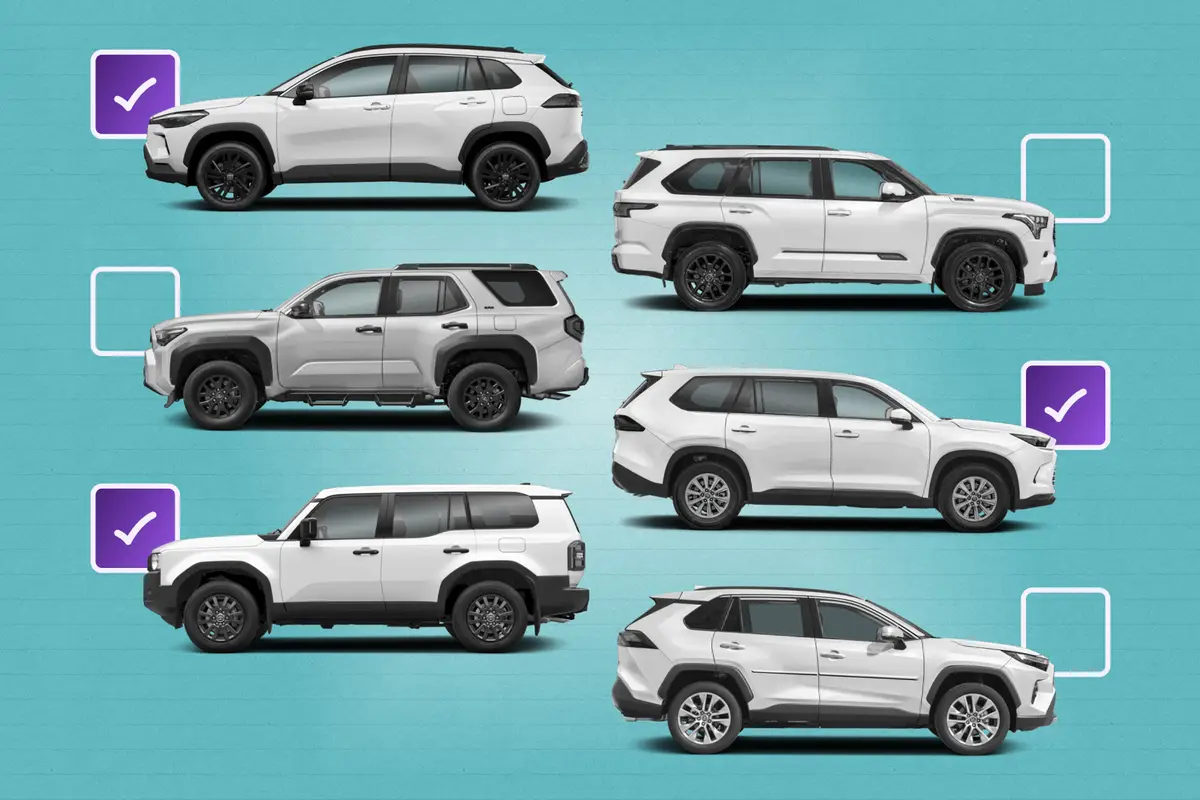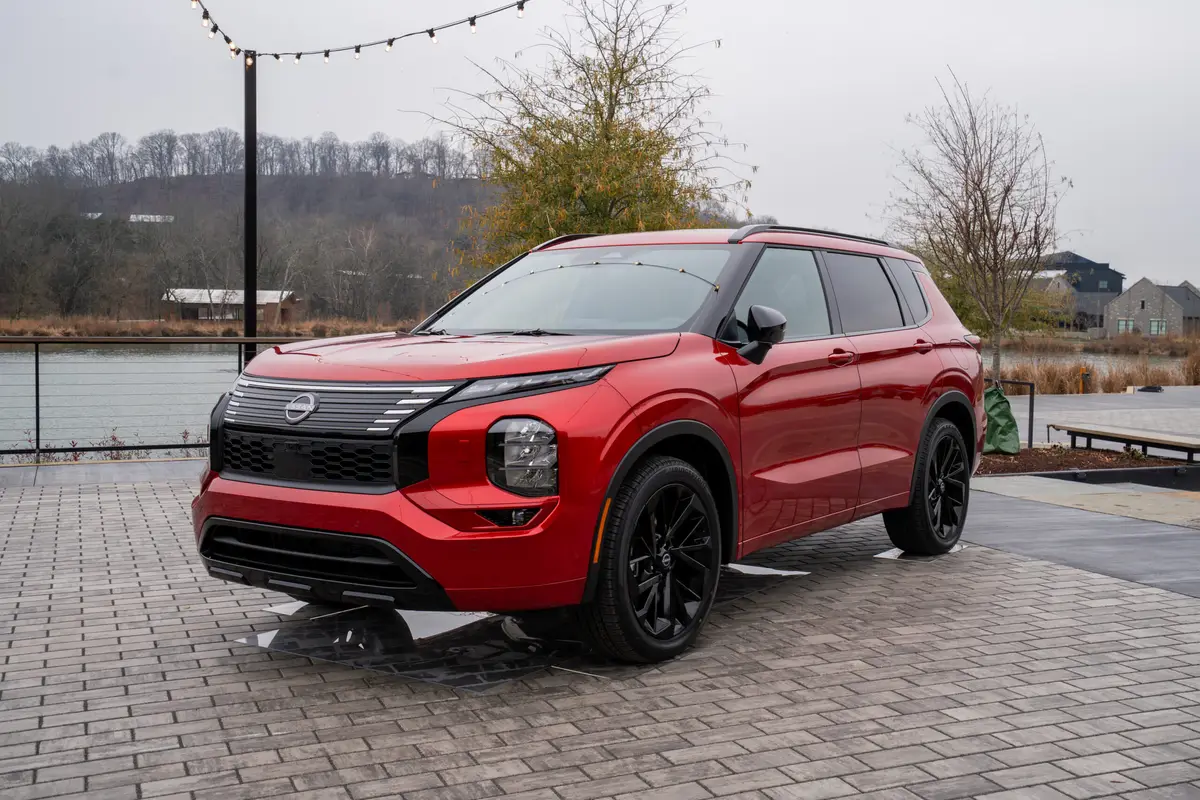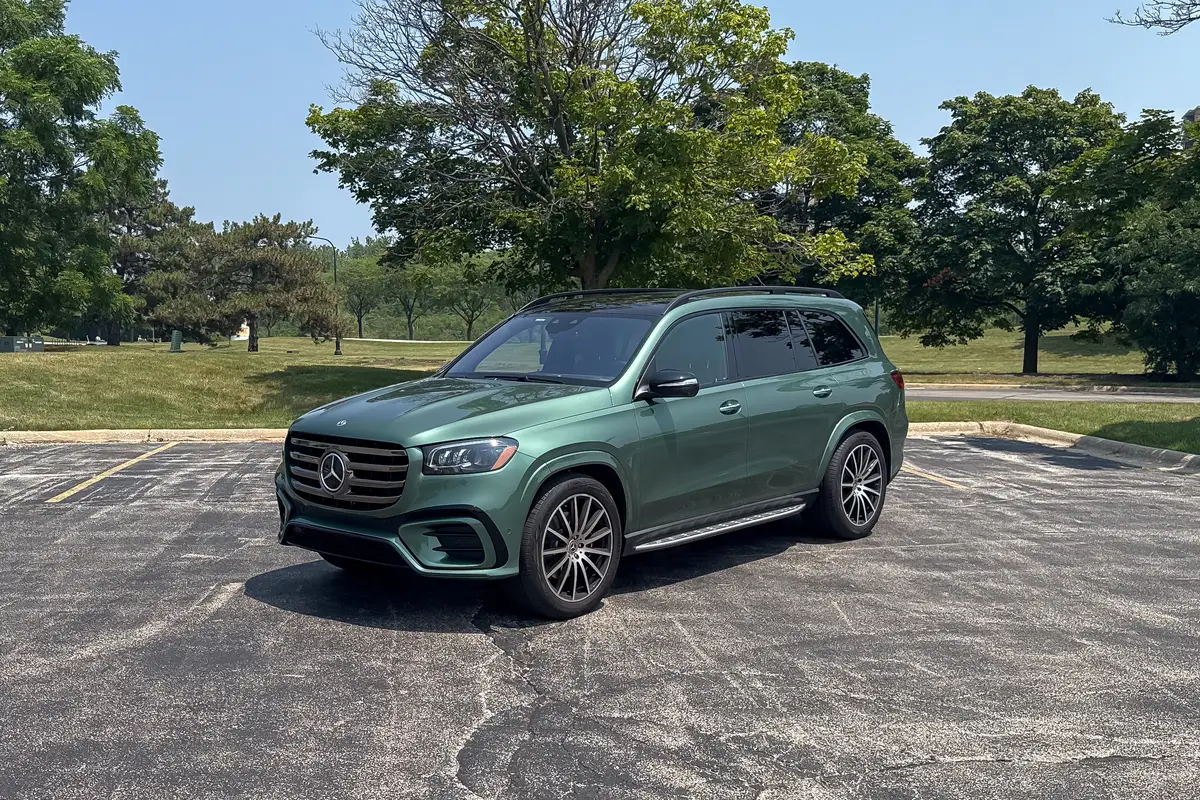Survey: Recalls Influence Car Shoppers


If you’re weary of the nonstop recall coverage lately, we don’t blame you. It’s been an unprecedented year for them. Tallying recalls is a dubious task, given the National Highway Traffic Safety Administration’s counts a vehicle recall as anything from passenger cars to garbage trucks and motorcycles. But the Detroit Free Press counted 56.1 million auto recalls year to date on Oct. 20 — a figure that thumped NHTSA’s prior record of 30.8 million vehicle recalls set in 2004, according to annual totals obtained by Cars.com. And that was two days before NHTSA added another 3.1 million cars to a widespread airbag recall.
Related: What Cars Are Included in the Takata Airbag Recall?
Meanwhile, new-car sales at GM are up 3.9 percent through October. That falls short of the industry’s 5.5 percent gain, according to Automotive News, but it’s better than you’d expect for an automaker whose 25.6 million recalls top other automakers by a mile. Other recall-heavy automakers have had mixed years: Fiat Chrysler Automobiles is up 15.8 percent and Toyota is up 5.8 percent, but Ford and Honda are roughly flat.
Still, a new survey suggests that car shoppers do, in fact, care about recalls — and most of them know about this year’s largest ones. How that influences shoppers’ decisions, on the other hand, is up for debate.
The survey, which Rhinebeck, N.Y.-based Phoenix Marketing International released Oct. 28, found that more than 60 percent of people in the market for a new car are aware of specific recalls over the past two months. GM as a whole came highest in terms of unaided awareness, at “well over 50 percent,” Dennis Syrkowski, president of PMI’s automotive practice, told us. Toyota came in around 30 percent, and Ford was at 20 percent. Other brands fell below 10 percent.
“We didn’t probe on a specific recall — in other words, ‘Do you recall the GM ignition switch recall,’ ” Syrkowski said. Instead, PMI asked which brands consumers remember being in a recent recall. And the answers aligned with recent events.
In turn, about half of shoppers said they were less likely to consider a new Chevrolet, GM’s mainstream brand. A third of shoppers cited recent recalls as a reason to cross Toyota off their lists, and a quarter said the same of Ford.
“The negative halo due to the recalls was pretty enormous for brands like GM — Chevrolet, GMC, basically all the GM brands,” Syrkowski said. “Recalls tend to be so topical and very much in the moment in terms of, is it affecting consumers’ shopping habits right now. When we look at it over time, that’s when we see a kind of a trend emerging.”
Loyalists vs. Detractors
It begs a question, though: How many shoppers were already unlikely to consider these brands, regardless of the recalls?
“You’re already going to have a group of people who won’t consider General Motors product anyway,” said Sam Fiorani, vice president of global vehicle forecasting at AutoForecast Solutions. But in a survey, they’ll say, “of course I’m not going to buy one because of that recall.”
AutoPacific analyst Ed Kim agreed.
“Even though GM is a market-share leader in the U.S., there’s still a huge chunk of people out there who don’t want a GM car for a variety of reasons,” Kim told us. “I suspect a lot of people who indicated that [they wouldn’t consider a GM] are non-GM considerers in the first place.”
PMI’s Syrkowski said he doesn’t have a “clean way to isolate the impact of the recalls,” but the company has surveyed for brand consideration before the current spate of campaigns.”Among those aware of the recalls, there was a 5 to 10 percent hit to consideration for the brands mentioned most often as having recalls, such as Chevrolet,” Syrkowski said.
Those perceptions could change even more. The survey occurred before the latest expansion of Takata airbag recalls, which affected some 7.8 million cars from 10 automakers. Most are from Toyota and Honda. Sykowski said the company plans to conduct the survey again to see what effect that has.
Fiorani thinks “the needle has to move” in consumer perceptions after the airbag recall. Like GM’s ignition-switch recall, which affects a lot of older small cars, the Takata airbags are mostly in older, 2000s-era cars — the sort that belong to people who aren’t necessarily in the market for a new vehicle.
Incentives vs. Recalls
What’s the upshot for car shoppers? Some recall-heavy automakers could be ratcheting up the incentives to keep shoppers coming in. In October, Honda’s average transaction prices — that is, the average price at which a car sells — fell 8.8 percent versus the year-ago month, as per-vehicle incentives boomed 30.6 percent, Cars.com data show. Transaction prices fell at Toyota and Ford, too, and incentives for both automakers climbed.
It’s impossible to gauge just how much of that comes from recalls, particularly since this year’s recall leader — GM — had steady transaction prices and slightly lower incentives in October.
There’s some historical precedent for incentives if recalls cost an automaker in sales. During the 14 months from September 2009 through the end of 2010 — a period during which Toyota recalled some 12 million cars because of unintended acceleration and even stopped the sale of certain models for short periods — the automaker’s share of new-car sales fell to 15.8 percent. Before the crisis, from January through August 2009, it was 16.5 percent.
AutoPacific’s Kim remembers “higher incentives spending for dealer incentives and rebates” during the period, as well as less-conventional efforts to get shoppers back in the showroom, like a complimentary maintenance program the automaker established in 2010.
But Fiorani said he doesn’t see any tie between today’s incentives and 2014’s record recalls.
“I don’t think it’s so much [because of] recalls at this point,” he said. “I think we’re just seeing the plants — trying to keep the plants running at peak capacity. I don’t think there’s a slide [toward incentives] yet based on recalls alone.”
Still, that could change as automakers push to gain market share, particularly if the latest Takata airbag recall “hits enough people and they get scared,” he added. Then, incentives could come from the unlikeliest of places: the competition.
“I could see a place where [automakers are] throwing some money on the hood … not to keep your buyers as much to conquest,” Fiorani said. “If you see blood in the water, there’s going to be a feeding frenzy. I don’t see the blood yet, but there could be.”
Cars.com photo by Kelsey Mays

Former Assistant Managing Editor-News Kelsey Mays likes quality, reliability, safety and practicality. But he also likes a fair price.
Featured stories



